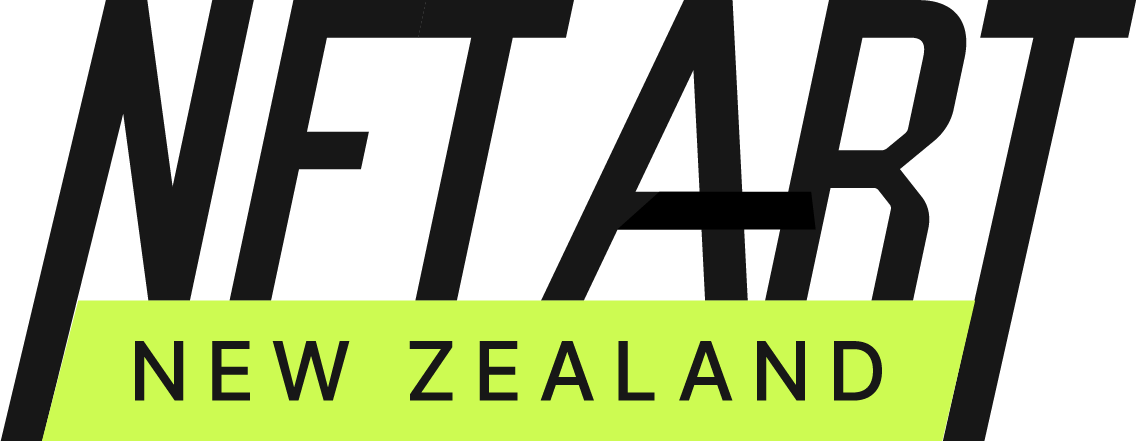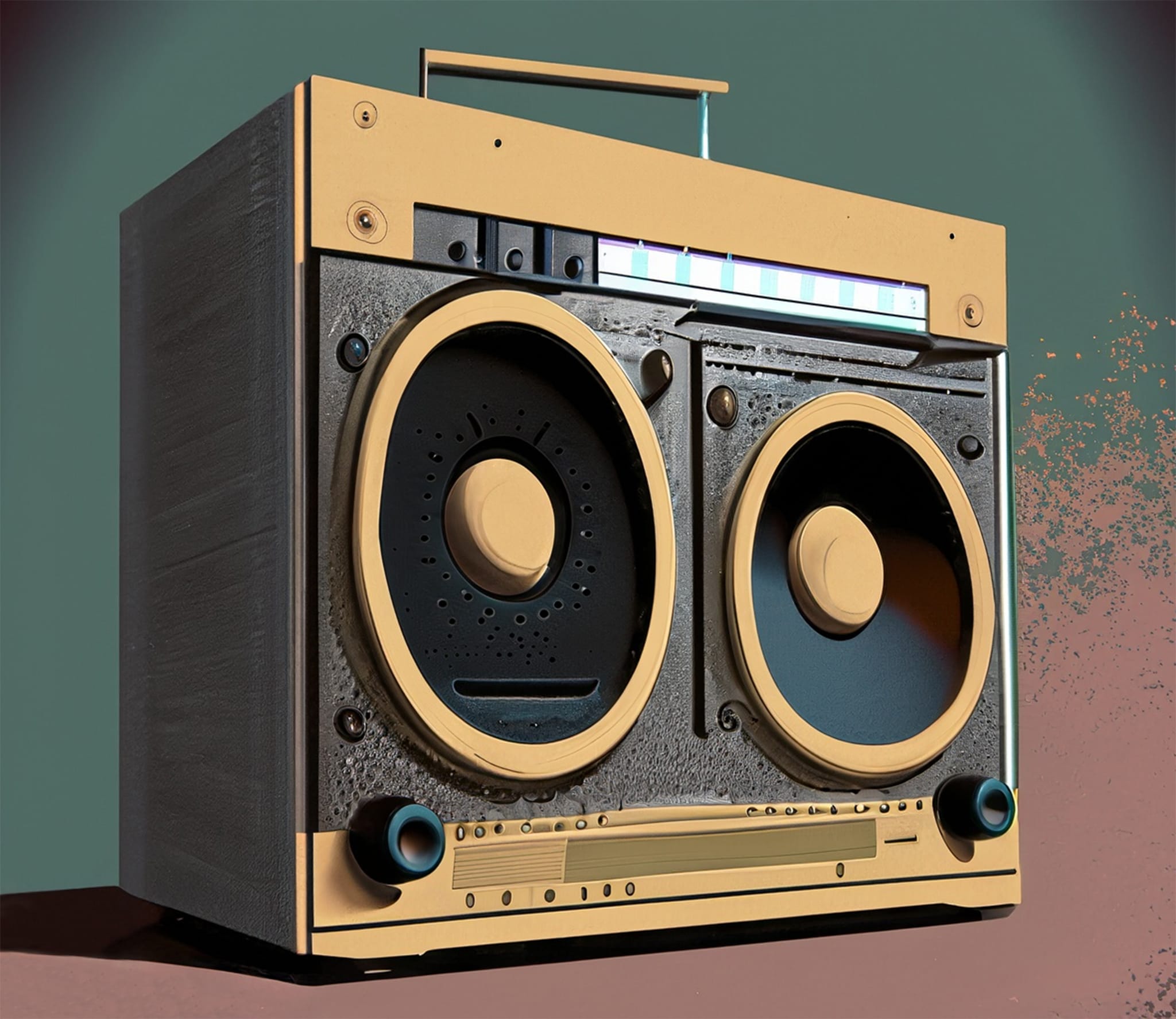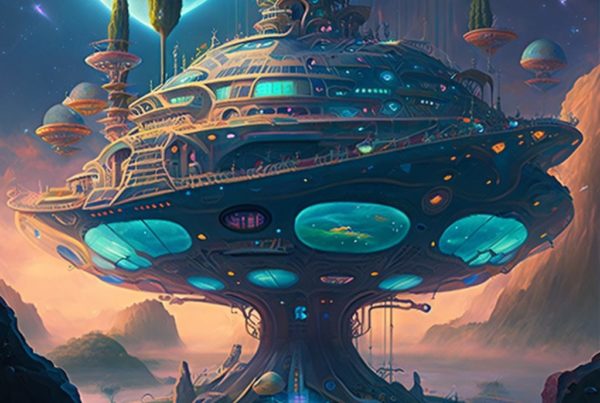The music industry has always been a hotbed of creativity, innovation, and boundary-pushing. Let’s explore how NFTs are changing the music industry scene, creating exciting opportunities for artists, fans, and the entire ecosystem.
Empowering Artists
One of the most significant advantages of NFTs for musicians is the ability to regain control over their work and earn directly from their creations. With traditional music distribution models, artists often receive only a fraction of the revenue generated by their music. However, NFTs allow artists to sell their music directly to fans, cutting out intermediaries and enabling them to retain a more significant share of the profits.
Creating Unique Experiences
NFTs offer artists the opportunity to provide unique experiences and perks to their fans. Through tokenisation, artists can sell limited editions of their albums, concert tickets, or even exclusive behind-the-scenes content. These one-of-a-kind offerings can be bundled with additional benefits like meet-and-greets, personalised messages, or even co-creation opportunities, giving fans a chance to connect with their favourite artists in unprecedented ways.
Reinventing Music Ownership
Traditionally, music ownership meant purchasing physical albums or downloading digital files. NFTs are reshaping this concept by allowing fans to own unique digital assets associated with a particular song or album. Owning an NFT can grant special privileges, such as access to exclusive events, early releases, or voting rights on future creative decisions. This newfound sense of ownership and participation strengthens the bond between artists and their fanbase.
Facilitating Fan Engagement
NFTs open up exciting avenues for fan engagement and community-building. Artists can reward loyal supporters by creating gamified experiences, where fans can collect and trade NFTs to unlock exclusive content or gain access to virtual spaces. These interactions foster a sense of belonging, empowering fans to become active participants in an artist’s journey rather than mere passive consumers.
Supporting Emerging Artists
NFTs are not limited to established musicians; they also provide a platform for emerging artists to showcase their talent and build a dedicated fanbase. By leveraging NFTs, artists can crowdfund their projects, gain exposure, and establish connections with a global audience. This democratization of the music industry enables diverse voices to be heard, fostering innovation and creativity.
Conclusion
Non-fungible tokens have introduced a new paradigm in the music industry, revolutionizing the way artists create, distribute, and monetize their work. Through NFTs, artists can directly connect with their fans, offer unique experiences, and regain control over their creative endeavors. The music industry is undergoing a profound transformation, and NFTs are at the forefront, shaping a future where artistry and technology intertwine to redefine the relationship between musicians and their audience.




